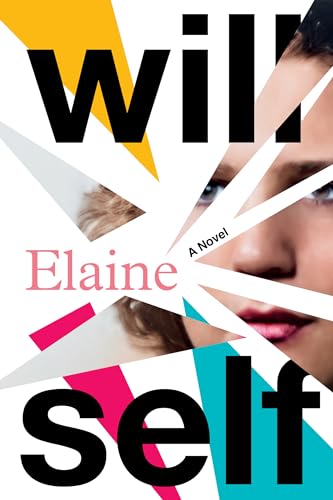Elaine
From the first paragraph onward, close readers know they are in the mind of a master writer, in the intellectual housing of a modernist-styled novelist who might be channeling James Joyce. Will Self (shortlisted for the Whitbread Novel of the Year; winner of the Bollinger Everyman Wodehouse Prize for Comic Fiction; and shortlisted for the Booker Prize) has based his latest novel, Elaine, on the intimate diaries of his own mother. Here is a visceral, immediate immersion into the interior life portrayed without the standard on-the-page dialogue or traditional plotting. Elaine is a would-be writer, a woman who expresses her own torment and fantasies while diarizing.
At the opening Elaine stands outside her house and wonders, “is this… it?” and the reader recognizes a deeply frustrated and unhappy woman: a 1950s Jewish suburban housewife in Ithaca, New York, married to a mediocre but striving academic. In angst-saturated prose she lusts after her husband’s colleagues without remorse and suffers terrible migraines and other physical pain. Lines and phrases from her diaries of over forty years are interspersed, set in italics, as though confessional, revealing the deeply personal feelings of a woman incapable of accepting her roles as a wife and a mother of, in this case, the author himself, lending the new-coined term “auto-oedipal fiction.”
Auto-fiction (in this case, semi-auto-fiction) seems very much in vogue lately, but here with a twist: the sources in the author’s own mother’s hand give glimpses of her young son, Billy. Even memories of sessions with her psychiatrist Dr. Freud[!]enberg are fraught with disdain. Only the ironing of her husband’s shirts brings her a sense of competence, which she calls irony. This is not a novel for the faint-hearted, but a deep dive into a psychological case history.










